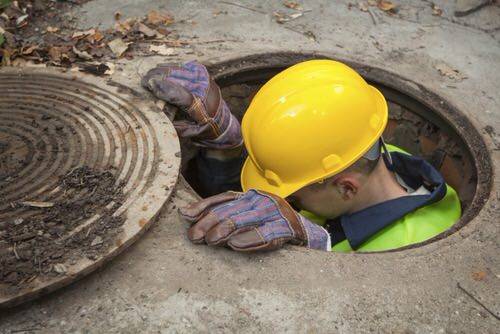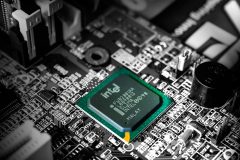An Australian trial of Internet of Things (IoT) technology hopes to get the lowdown from city sewers without workers needing to get knee deep in the muddy waters. This comes as more global smart city initiatives push the frontiers of data collection both above and below ground.
Gizmodo reports that the state of Victoria is working with IT and communications companies to test out Narrowband-Internet of Things (NB-IoT) systems in its sewer and water systems. Huawei, Optus and Vodafone are partnering with the state agency South East Water for the trial in urban areas that include Melbourne.
NB-IoT is a low-powered, low-cost radio technology that allows thousands of connected devices and infrastructure elements to gather and share data, regardless of the location. The three-month trial seeks to provide operators with access to granular, real-time data to better the safety, reliability and efficiency of Victoria’s sewer and water infrastructure.
“The emergence of lower powered, low cost networks with increased coverage has the potential to unlock enormous value for water utilities and their customers,” said South East Water’s corporate and commercial general manager Phil Johnson.
Sewers become more reliable to client and safer for workers
“Through this trial, we are building a platform for a more reliable and sustainable water supply, a safer place for our people to work, and more cost-effective services for our customers,” he said.
The trial will see NB-IoT sensors placed on sewer manhole covers to inform city workers of unauthorized access, to reduce the risk of injury and damage to water assets. NB-IoT technology will also be fitted to rainwater tank management systems to monitor storage levels amid efforts to optimize stormwater runoff and rainwater harvesting.
And NB-IoT will replace existing 3G technology across South East Water’s peninsula early connection option sewer network. The real-time information generated will be used to locate faults across the network and to manage waste water flows.


















